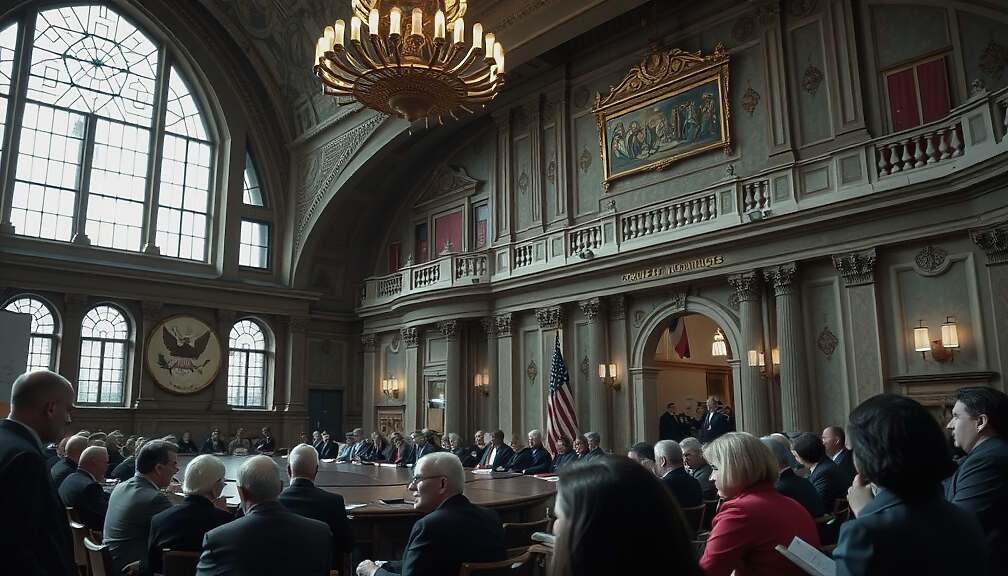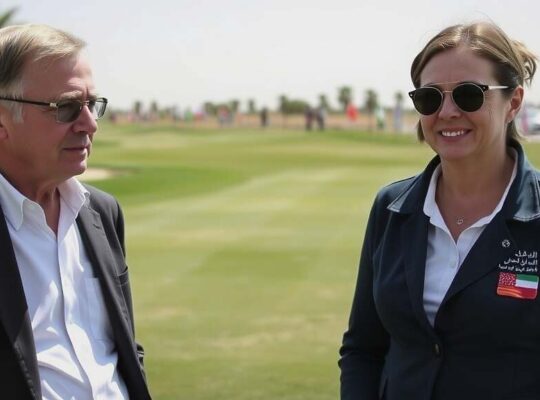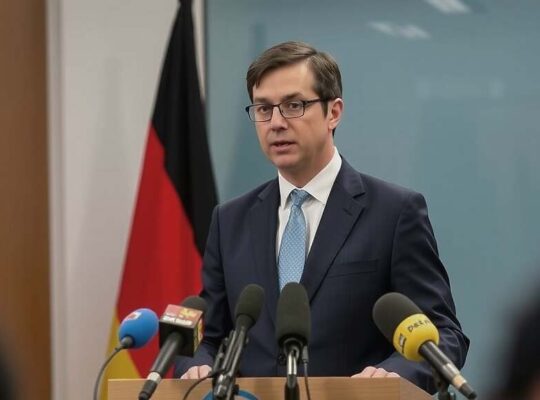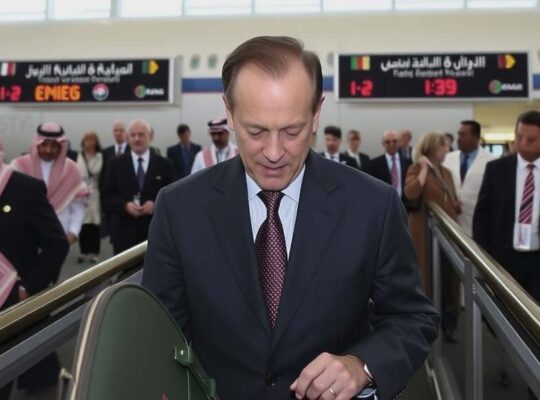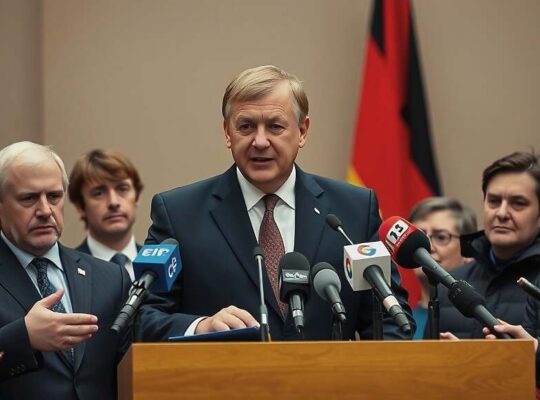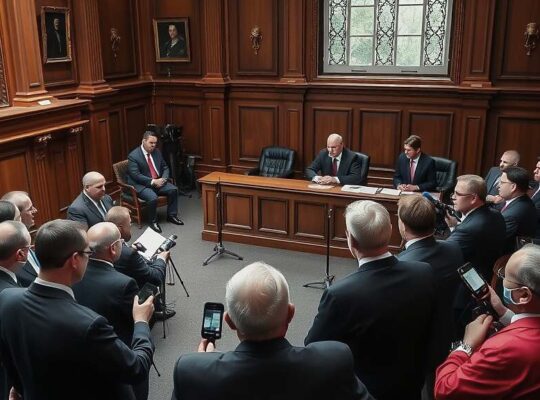Premier Schwesig Urges Merkel’s CDU to Re-evaluate Energy Policy in Fight Against Far-Right
Ahead of a scheduled visit to Mecklenburg-Vorpommern this Tuesday, Mecklenburg-Vorpommern’s Minister President Manuela Schwesig (SPD) has issued a direct appeal to opposition leader Friedrich Merz (CDU), urging him to prioritize a fundamental shift in energy policy as a crucial element in combating the growing influence of the Alternative für Deutschland (AfD).
In an interview with the Tagesspiegel, Schwesig emphasized the need for the CDU to acknowledge and incorporate practical suggestions emanating from eastern regions of Germany. Her core argument centers on a perceived disconnect between Germany’s broader green energy ambitions and the economic realities faced by communities reliant on renewable sources. Specifically, she demanded Merz champion policies that decouple the price of green energy from the volatile cost of natural gas within the European Union.
Schwesig’s critique extends to the current electricity market’s Merit-Order principle, a system where the pricing of electricity is dictated by the most expensive power plant needed to meet demand. She labelled this system “absurd” highlighting the frustration within her state where locally generated renewable energy is ultimately sold at inflated prices, disproportionately impacting residents and businesses.
“Those who host wind turbines should benefit from them, not be disadvantaged” Schwesig stated pointedly. She warned that without addressing this issue and fostering a sense of tangible benefit for communities embracing renewable energy, the AfD’s appeal in eastern Germany will only continue to grow.
Beyond specific legislative adjustments, Schwesig underscored a more profound political objective: restoring public trust in Germany’s democratic institutions. “It’s not about individual laws. We must win back the population’s trust in our political system. We need to prove that democracy delivers positive outcomes for everyone”. This statement signals a recognition that the AfD’s success isn’t solely attributable to its policy proposals, but also to a broader narrative of perceived governmental detachment and failed promises. Schwesig’s call implicitly challenges the CDU to move beyond traditional political rhetoric and engage in a substantive dialogue with eastern German communities, offering solutions that demonstrably improve their economic well-being and validate the enduring value of democratic governance.


